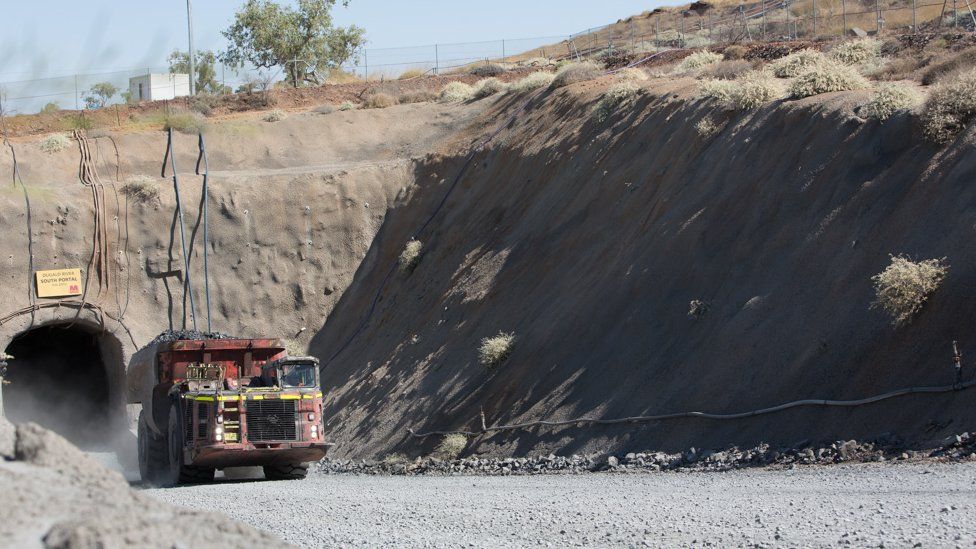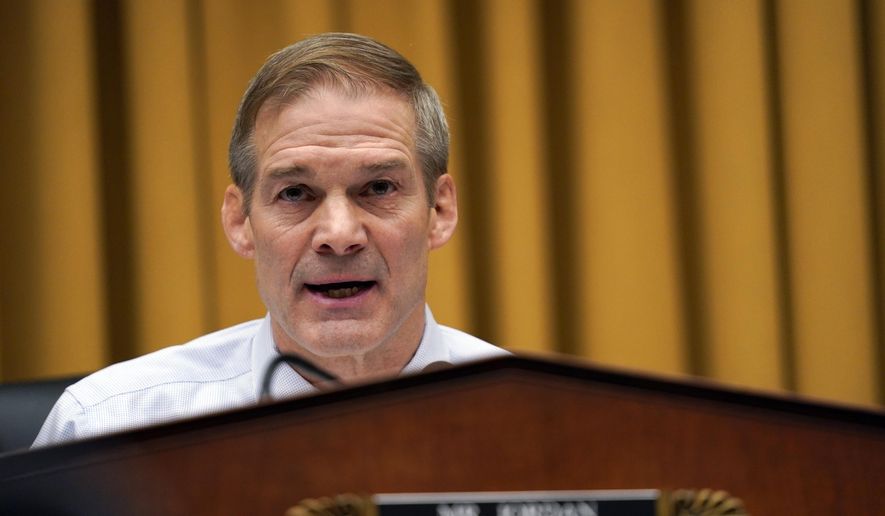by Ben Cohen

UK Labour Party leader Sir Keir Starmer. Photo: Reuters/Jane Barlow
Sir Keir Starmer, the leader of Britain’s Labour Party, on Wednesday pledged that his predecessor, Jeremy Corbyn, would not be permitted to stand on the party’s ticket at the next general election as the UK’s main anti-racism watchdog declared itself satisfied that Labour no longer needed to be monitored for antisemitism.
Corybn’s term at the helm of the party — from his shock win as a far left candidate in 2015 to his heavy general election defeat in 2020 — was marked by a succession of scandals over antisemitism. One of the consequences was the monitoring of the party by the Equality and Human Rights Commission (EHRC), an independent body whose report into Labour antisemitism in Oct. 2020 found that under Corbyn’s leadership, Labour had been guilty of unlawful harassment and discrimination against Jews.
Speaking after the EHRC announced that it would no longer be scrutinizing the party — declaring in a statement that “Britain’s equality regulator has now confirmed that it is content with the actions taken and has concluded its work with the party” — Starmer said that Labour had arrived at an “important moment” in its history that had taken “many, many months of hard work and humility.”
The Labour leader emphasized that it was not a day for “celebration” but rather “one for reflection on how a party that has always prided itself on its anti-racism, its commitment to equality, its belief in a better, fairer Britain could have fallen so far as to betray its own principles, as well as the principles of the country.”
The State Department on Wednesday countered claims made by human rights groups and others that it had withdrawn the nomination...
Addressing those Labour members who had “suffered the most appalling abuse,” Starmer offered an apology.
“Today, on behalf of the entire Labour Party, I say sorry,” Starmer continued. “What you’ve been through cannot be undone. Apologies alone can’t make it right.” He stressed that “under my leadership, there will be zero tolerance of antisemitism, of racism, of discrimination of any kind.”
Dame Margaret Hodge, a Jewish Labour MP, offered her support for Starmer, arguing that Corbyn was responsible for being stripped of the Labour Party’s parliamentary mandate because of his own actions.
“One of the first phone calls that Keir Starmer made after he became elected leader was to me and to other Jews who had suffered under the time of Jew hate with Corbyn,” Hodge told Sky News. “And he promised us then that he would show zero tolerance to antisemitism, and he’s acted.”
Ban is a ‘denial of due process’, claims former leader – as Diane Abbott suggests clash is partly down to Brexit
Adam Forrest
Political Correspondent
Jeremy Corbyn will not stand as Labour candidate at next election, Keir Starmer says
Jeremy Corbyn has lashed out at Sir Keir Starmer’s decision to bar him from standing as a Labour candidate at the next general election – calling it a “flagrant attack” on democracy.
The former Labour leader, who currently sits as an independent MP, hit out at his successor and described the move as a “divisive distraction from our overriding goal: to defeat the Conservative Party”.
It comes after Sir Keir unequivocally barred Mr Corbyn from standing as a Labour candidate at the next general election during a speech on his party’s crackdown on antisemitism on Wednesday morning.
The Labour leader also welcomed the decision by the Equality and Human Rights Commission to lift the party out of special measures after it was ordered to take action two years ago over its past failings on the issue.
“Jeremy Corbyn will not stand for Labour at the next general election as a Labour Party candidate. What I said about the Labour Party changing, I meant, and we are not going back,” Sir Keir said.
He added that the party was “unrecognisable from 2019” before delivering a message to left-wingers unhappy with his approach. “To them, I say in all candour: we are never going back. If you don’t like it, nobody is forcing you to stay.”
Recommended
Responding to Sir Keir, Mr Corbyn said: “Any attempt to block my candidacy is a denial of due process, and should be opposed by anybody who believes in the value of democracy.”
He said blocking his candidacy was thwarting the democratic rights of Labour Party members in the constituency of Islington North. “It is up to them – not party leaders – to decide who their candidate should be,” Mr Corbyn said.
Mr Corbyn, who has been MP for Islington North since 1983, has been sitting as an independent since Sir Keir withdrew the Labour whip from him in October 2020 over his response to the EHRC antisemitism investigation.
The former leader was readmitted to the party by a disciplinary panel as a rank-and-file member, but was then denied the parliamentary whip after a personal intervention by Sir Keir.
Critics of Mr Corbyn say that antisemitism ran out of control in the party under his watch, while his defenders claim that the problem was exaggerated by Labour opponents to undermine him politically.
The left-wing former leader did not say in his statement posted on Twitter whether he would stand as an independent against an official Labour candidate.
“At a time when the government is overseeing the worst cost-of-living crisis in a generation, this is a divisive distraction from our overriding goal: to defeat the Conservative Party at the next general election,” he said.

Jeremy Corbyn and Keir Starmer together in 2019
(Reuters)
Mr Corbyn said he was still “proud to represent the labour movement in parliament”, adding: “I am focused on standing up for workers on the picket line, the marginalised, and all those worried about their futures. That is what I’ll continue to do. I suggest the Labour Party does the same.”
Writing for The Independent, Labour MP Dame Margaret Hodge said Sir Keir was “right to confirm” that Mr Corbyn would not be a candidate for the party.
“His stubborn refusal to accept his role in allowing antisemitism to flourish, and his assertion that his opponents within the party had exaggerated the issue, means he remains part of the problem and not the solution,” she said.
Labour MP Diane Abbott, one of Mr Corbyn’s longest-standing allies, suggested his clash with Sir Keir was inevitable because of Brexit, saying that the left-wing former leader “in his heart of hearts is a Brexiteer”.
She told the News Agents podcast: “Jeremy in his heart of hearts is a Brexiteer, and Keir Starmer at that point was passionately pro-European.”
Recommended
Pressed on whether Mr Corbyn really wanted Britain to leave the EU, she said: “Yes, I’ve known Jeremy a long time. He saw it as a conspiracy of business people and so on. So, that was the common view on the left in the 80s.”
She added: “But Jeremy has always been about uniting the party. He knew most party members were pro-European. But himself, I would say, deep down he was a Brexiter.”






:format(jpeg)/cloudfront-us-east-1.images.arcpublishing.com/tgam/PE3ZJDXHS5N4FD3JYE2ZESQCPA.jpg)





